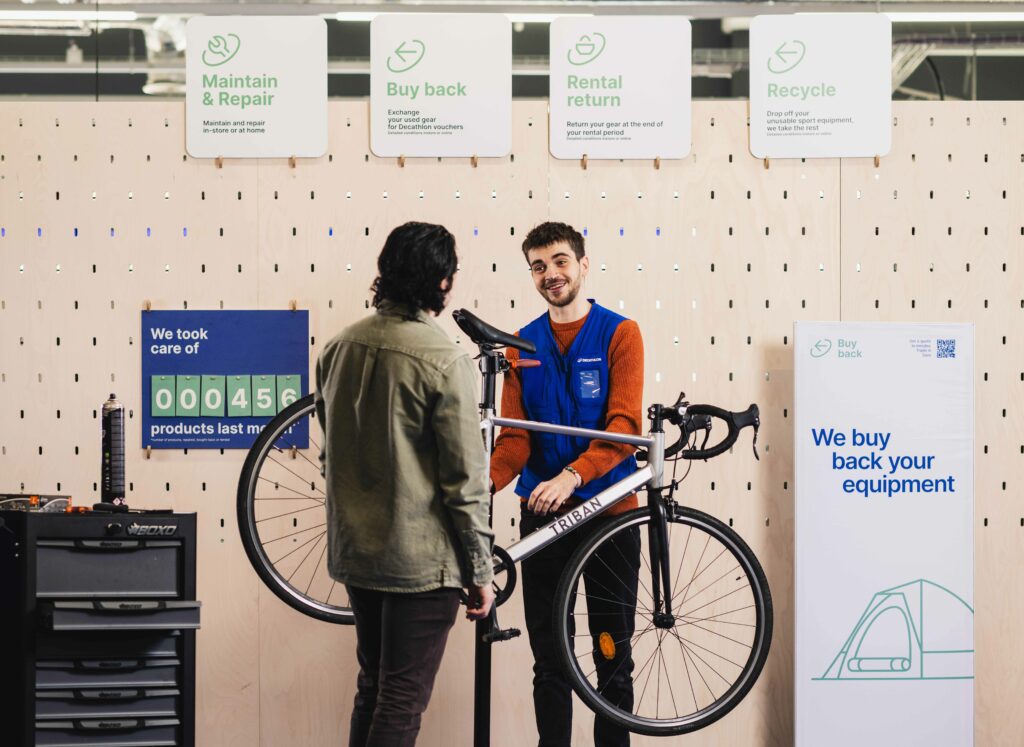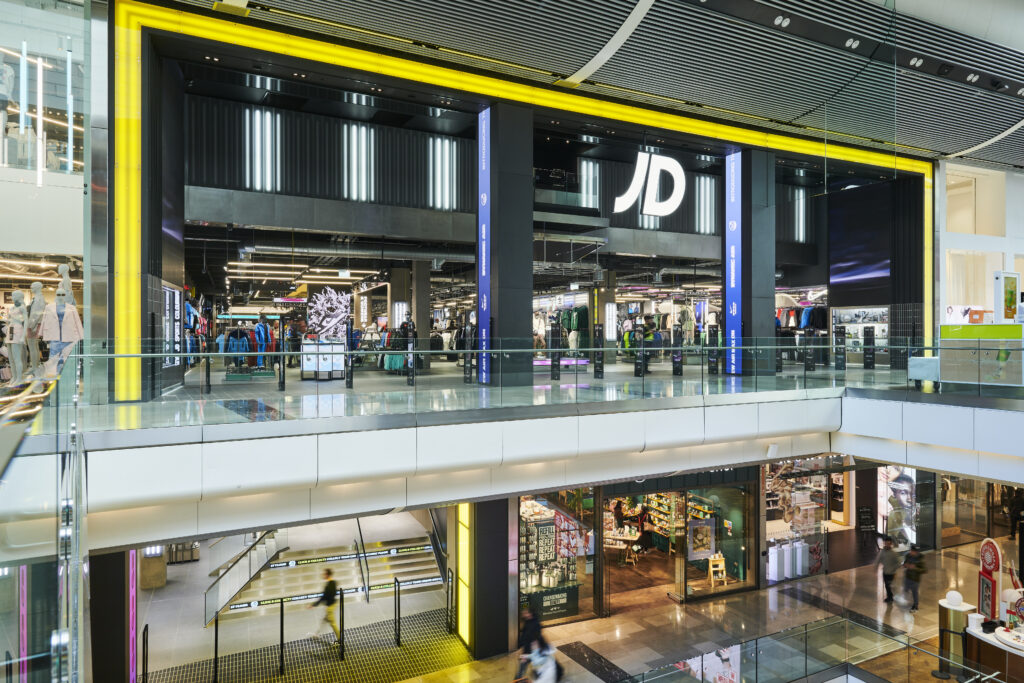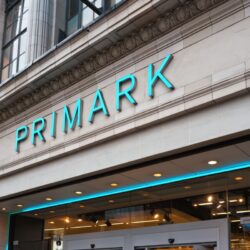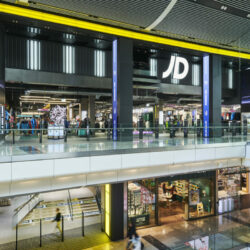Foreign visitors and sports lovers have begun converging on the capital ahead of the London 2012 Olympic Games following years of preparation from businesses across the nation.
As the economy continues to struggle, with the Office For National Statistics reporting earlier this week that GDP has fallen 0.7 per cent over the second quarter, the retail sector in particular is hoping for a boost to sales and footfall during the much-anticipated sporting event.
But are these high expectations realistic following disappointing figures post-Jubilee?
Jon Copestake, retail analyst at the Economist Intelligence Unit, told Retail Gazette that he believes predicting the economic impact of the London 2012 Olympic Games will be difficult in net terms.
“There will certainly be an influx of spending from tourism and a feel-good factor to boost consumers,” Copestake added.
“The spending on Olympic preparations has also helped employment and injected money into the economy. However, I can‘t see a significant lasting impact.
“The £10 billion spent on the Olympics is a large number and the influx of Olympic visitors will certainly have deterred other tourists or business travellers from visiting.
“Some observers are also wary of the disruption the Olympics could cause and the economic cost of that.”
Similarly, suggestions that the high street will be reinvigorated by an influx of visitors may be wide of the mark considering the London-centric aspect of the event.
“The “high street” is unlikely to be a strong beneficiary although retail as a whole will certainly see an uptick,” explained Copestake.
“The Centre for Retail Research is forecasting additional sales of just over £1 billion resulting from the Olympics and Jubilee. However, this is only around a third of a per cent of total retail sales forecast for 2012.
“Additionally, the economic effects will be localised and centred on London, which has outperformed the UK economy as a whole anyway, so in terms of provincial high streets where the money is most needed the impact will be muted.
“There are additional pitfalls too. The Olympics may crowd London with tourists, but may prove a distraction from shopping hubs like Oxford Street.
“The rigorous brand entitlements enforced by LOCOG have also proved unpopular among some retailers and could limit the bulk of the benefits to approved partners.”
While there is no doubt that official partners to the Games including Adidas, Westfield and John Lewis, which last week saw an 11.2 per cent boost to sales in the build up to the Games, will benefit from such brand exposure, companies across the retail industry have also worked hard to prepare for the rush.
Distribution & logistics specialist DHL, which is not an official sponsor, has worked closely with Transport for London (TfL) to ensure minimal disruption to its network as 5.3 million visitors flood into the UK over the 100 day period.
“DHL is prepared and planned to keep London‘s logistics running, despite the challenges caused by Games: increased congestion, the need for night-time deliveries on some routes, and security challenges,” Hugh Basham, Transport Strategy & Policy Director at DHL told Retail Gazette.
“Given that we handle the logistics for about 80 per cent of Oxford Street‘s retailers, we have been planning very carefully for any potential disruption.
“Our senior team members have been seconded to TfL to ensure that the logistics industry has been represented in all discussions about Olympics transport and travel, as it‘s a key driver in keeping the Games, and the country, running.”
Basham also noted that retailers on high streets have different logistical requirements to those with
RELATED STORIES

















